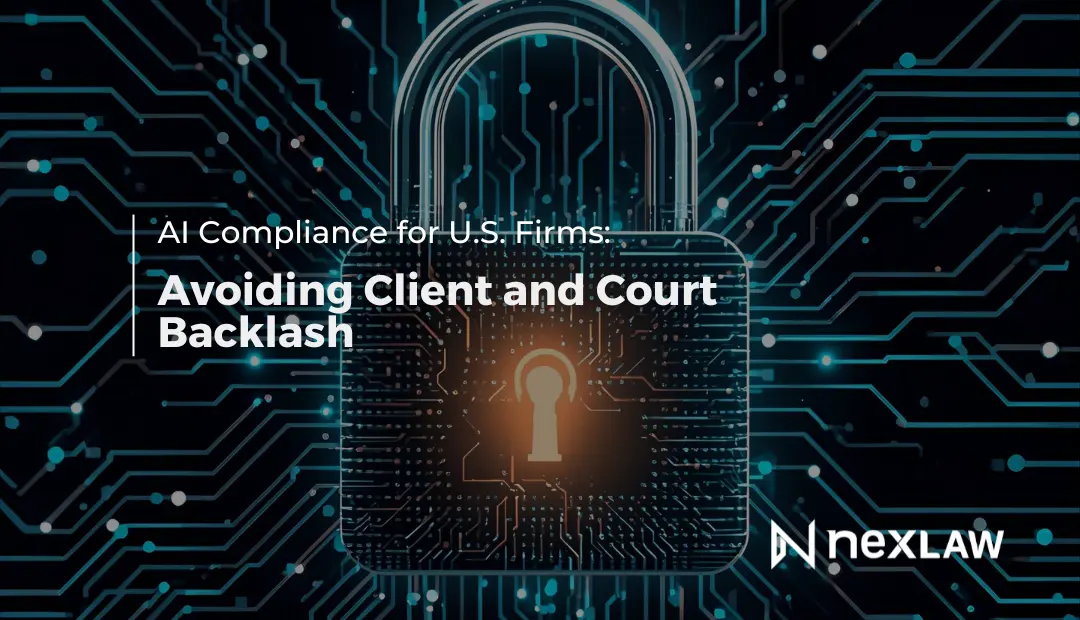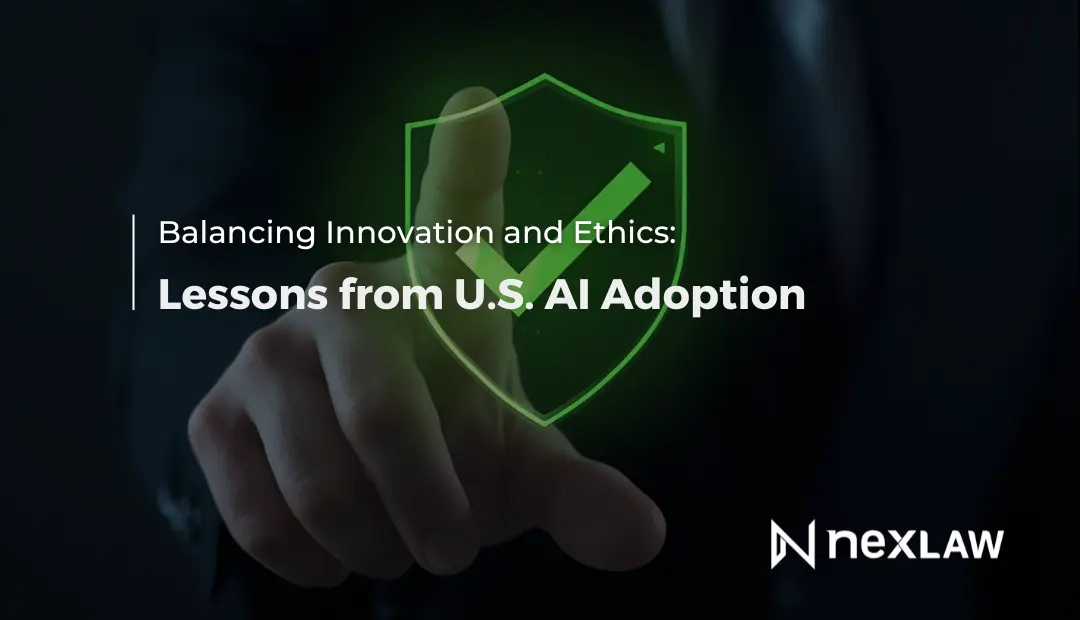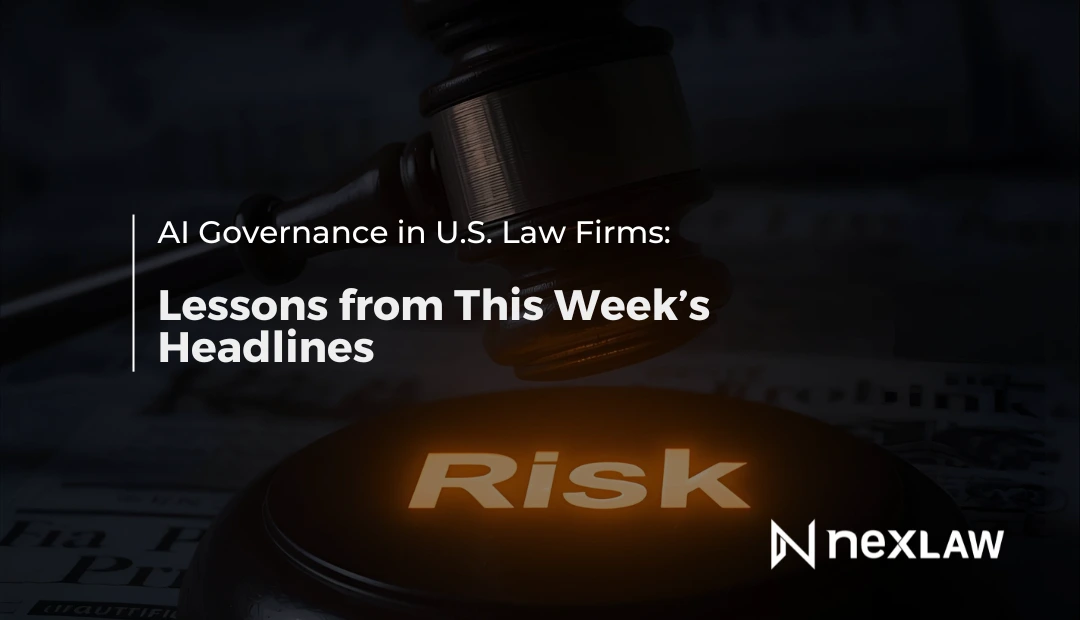Legal AI vs. Traditional Paralegals: Shaping the Future of Legal Practice
The legal landscape is evolving rapidly, driven by technological advancements. Among the most transformative innovations is Artificial Intelligence (AI), which is reshaping traditional legal roles and workflows. This evolution often sparks a debate: will Legal AI replace traditional paralegals? At NexLaw, we believe AI is not a replacement, but a powerful ally designed to augment human expertise, empowering legal professionals to achieve unprecedented efficiency and accuracy.
Understanding the Roles: Legal AI and Traditional Paralegals
To grasp the dynamic relationship between Legal AI and traditional paralegals, it’s essential to understand their distinct, yet increasingly complementary, capabilities.
The Power of Legal AI
Legal AI leverages advanced algorithms and machine learning to automate and enhance various legal tasks. Its core strengths lie in:
- Time and Cost Savings: AI can process vast volumes of legal documents, expedite research, and assist in contract management at remarkable speeds, significantly reducing the time and cost associated with these tasks.
- Enhanced Efficiency through Automation: Repetitive and time-consuming duties such as document review, data entry, and drafting first versions of legal documents (e.g., pleadings, motions, memoranda) are streamlined, freeing up human professionals for more complex work.
- Improved Accuracy and Precision: By swiftly analyzing large datasets, AI minimizes the potential for human error in information extraction and analysis.
- Predictive Analytics: AI-powered tools can analyze historical data to offer insights into potential case outcomes, aiding in strategic litigation planning.
NexLaw’s suite of services, including TrialPrep, Legal Research, Case Law Summarizer, and ContractAI, exemplifies these benefits, transforming hours of work into mere minutes.
The Indispensable Role of Traditional Paralegals
While AI excels at data processing and automation, traditional paralegals bring invaluable human elements and nuanced skills to legal practice:
- Contextual Understanding and Nuance: Unlike AI, paralegals possess the ability to interpret complex legal concepts and apply them with contextual and situational relevance to a client’s specific case.
- Complex Problem-Solving and Critical Thinking: Paralegals navigate legal “grey areas,” weigh arguments, and devise strategies that require judgment and creative thinking, skills currently beyond AI’s capacity.
- Detailed Document Preparation and Review: Beyond initial drafts, paralegals ensure legal documents like briefs and pleadings are accurate, complete, and compliant with all legal standards, requiring a deep understanding of terminology and formatting.
- Case Management and Procedural Expertise: They play a crucial role in managing case files, coordinating deadlines, organizing evidence, and anticipating procedural next steps.
- The Human Touch and Client Communication: Paralegals often serve as the primary point of contact for clients, handling sensitive information and providing the empathy, personalized advice, and trust-building that are vital in emotional legal matters. AI cannot replicate genuine human interaction or console a client.
- Ethical Decision-Making: With their professional knowledge and commitment, paralegals (alongside lawyers) are best suited for making ethical judgments in legal situations.
To further illustrate the distinct roles and strengths of Legal AI and traditional paralegals, consider the following comparison:
Legal AI vs. Traditional Paralegals: A Comparative Table
| Feature/Aspect | Legal AI (e.g., NexLaw) | Traditional Paralegals |
|---|---|---|
| Primary Strength | Speed, automation, data processing, pattern recognition | Human judgment, contextual understanding, client interaction |
| Key Tasks Performed | Document review, legal research (initial), summarization, contract analysis, first drafts, predictive analytics, e-discovery | In-depth legal research (with nuance), complex document drafting/review, case management, client communication, witness interviews, trial preparation, administrative support, ethical judgment |
| Efficiency | High; automates repetitive and high-volume tasks, significant time/cost savings | Good; but limited by human speed and capacity, susceptible to burnout from repetitive tasks |
| Accuracy | High for rule-based tasks and data analysis; can “hallucinate” or carry biases from training data | High for nuanced interpretation and detailed compliance; prone to human error in high-volume, repetitive tasks |
| Contextual Understanding | Limited; relies on programmed logic and data patterns; struggles with legal nuance, social context, and intent | High; understands human context, emotional factors, and the subtleties of legal arguments and client needs |
| Client Interaction | Non-existent; cannot provide empathy, build trust, or handle sensitive human emotions | High; essential for client communication, building rapport, managing expectations, and providing support |
| Ethical Judgment | Lacks; cannot make moral or ethical decisions, or understand the implications of legal actions beyond data | High; crucial for navigating complex legal dilemmas and ensuring compliance with professional ethics |
| Problem-Solving | Rules-based, pattern-driven; excels at identifying issues within predefined parameters | Creative, adaptable, critical thinking; excels at navigating ambiguous situations and devising novel solutions |
| Future Role | Augmentative tool; will handle routine, data-intensive tasks, providing insights and drafts | Evolving towards higher-value, strategic, client-facing tasks; will leverage AI tools for efficiency |
| Cost | Typically, subscription-based; can reduce overall operational costs by streamlining workflows | Salary/hourly wages; provides invaluable human expertise that is difficult to quantify purely financially |
| Scalability | Highly scalable; can process exponentially more data without significant additional cost | Limited scalability; requires hiring more personnel to increase capacity |
The Synergy: AI as an Augmentative Tool
The prevailing view among legal experts, and one we champion at NexLaw, is that Legal AI will not replace paralegals but rather augment their capabilities. Instead of viewing AI as a threat, forward-thinking paralegals are embracing it as a powerful assistant. By offloading mundane, high-volume tasks to AI, paralegals can focus their valuable time and expertise on:
- Higher-Value Legal Analysis: Deep diving into complex legal issues, interpreting nuances, and contributing to strategic case development.
- Enhanced Client Engagement: Building stronger relationships, providing compassionate support, and serving as a crucial human bridge between attorneys and clients.
- Critical Thinking and Strategic Contribution: Focusing on the “why” and “how” of legal matters, rather than just the “what.”
- Quality Control: Reviewing and refining AI-generated outputs, ensuring accuracy and adherence to specific case requirements.
For paralegals, adapting means enhancing technological proficiency, becoming adept at using AI-powered legal research platforms, document management systems, and e-discovery tools. Alongside technical skills, soft skills like adaptability, communication, and emotional intelligence become even more critical.
The Future is Collaborative
The future of legal practice is one of collaboration, where the analytical power of Legal AI complements the indispensable human judgment, empathy, and strategic thinking of paralegals. This synergy promises a legal industry that is more efficient, accurate, accessible, and ultimately, more effective for clients.
At NexLaw, we are committed to pioneering privacy-first Legal AI technology that empowers legal professionals to transform their workflows and achieve new heights of productivity. See how NexLaw can revolutionize your practice by exploring our powerful AI solutions today.
Ready to Experience the Future of Legal Work?
- Request a Demo to see NexLaw in action and discover how our AI can specifically benefit your firm.
- Stay informed and subscribe to our newsletter for the latest insights on legal tech, AI advancements, and industry news.
.webp)



.webp)
.webp)




